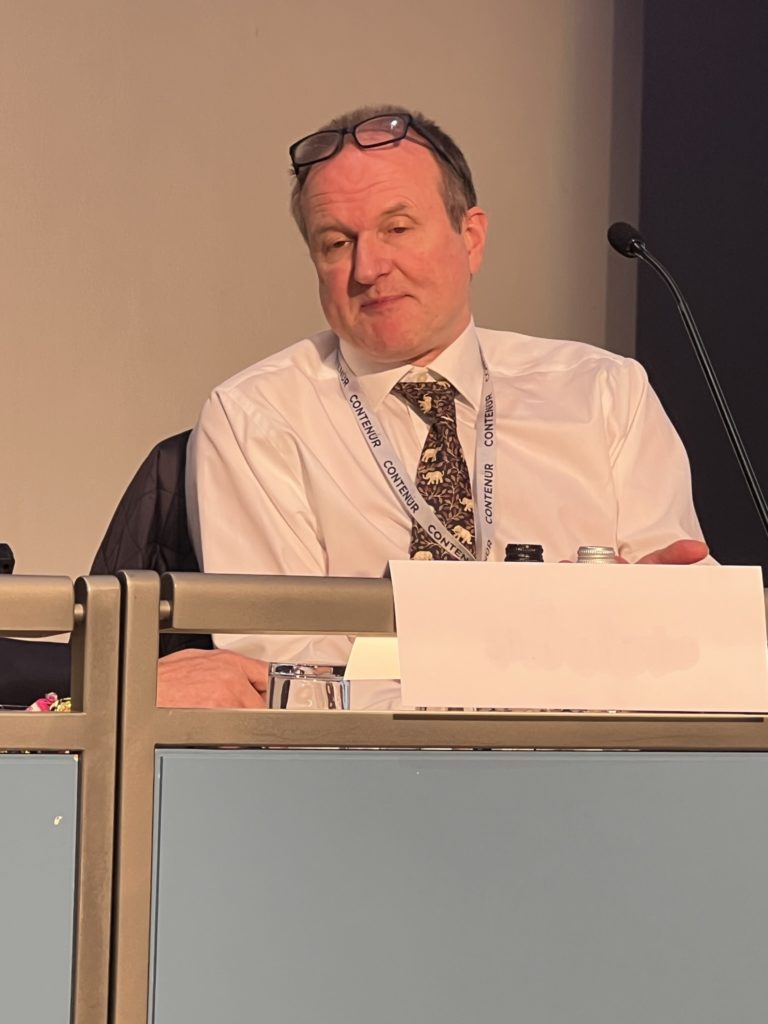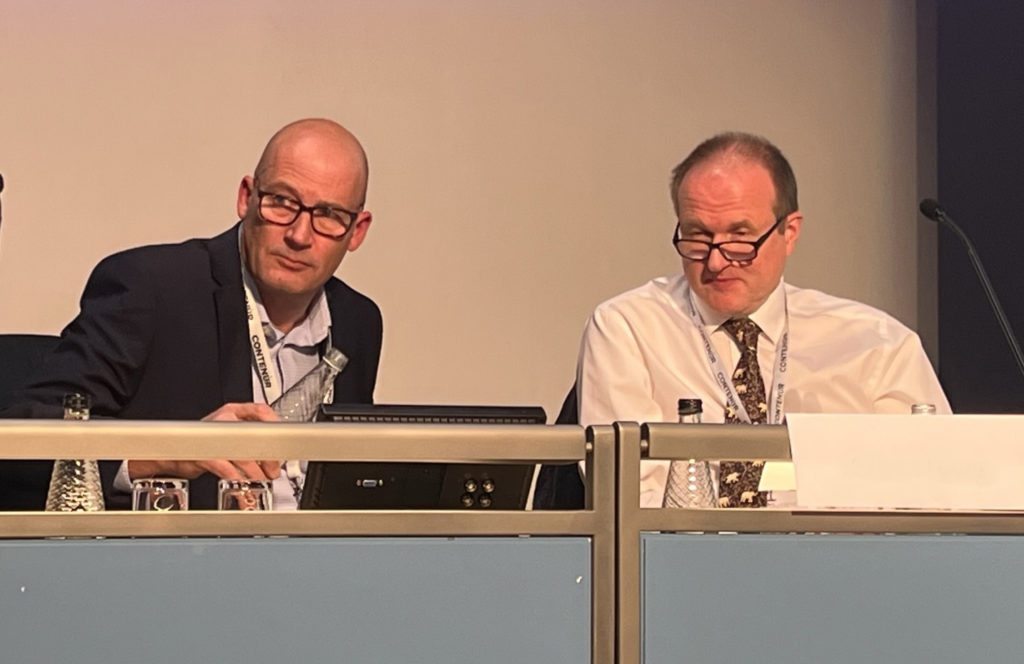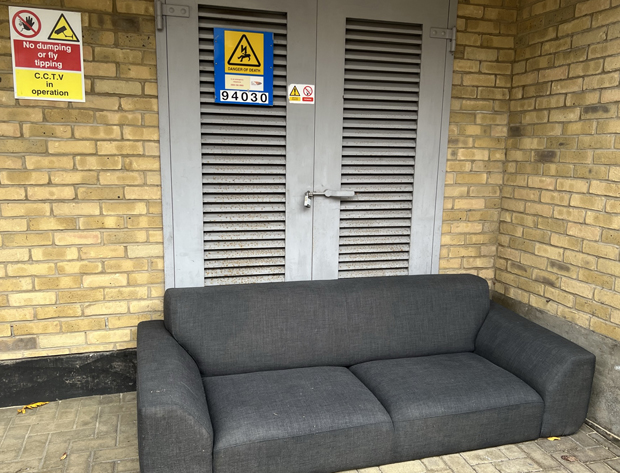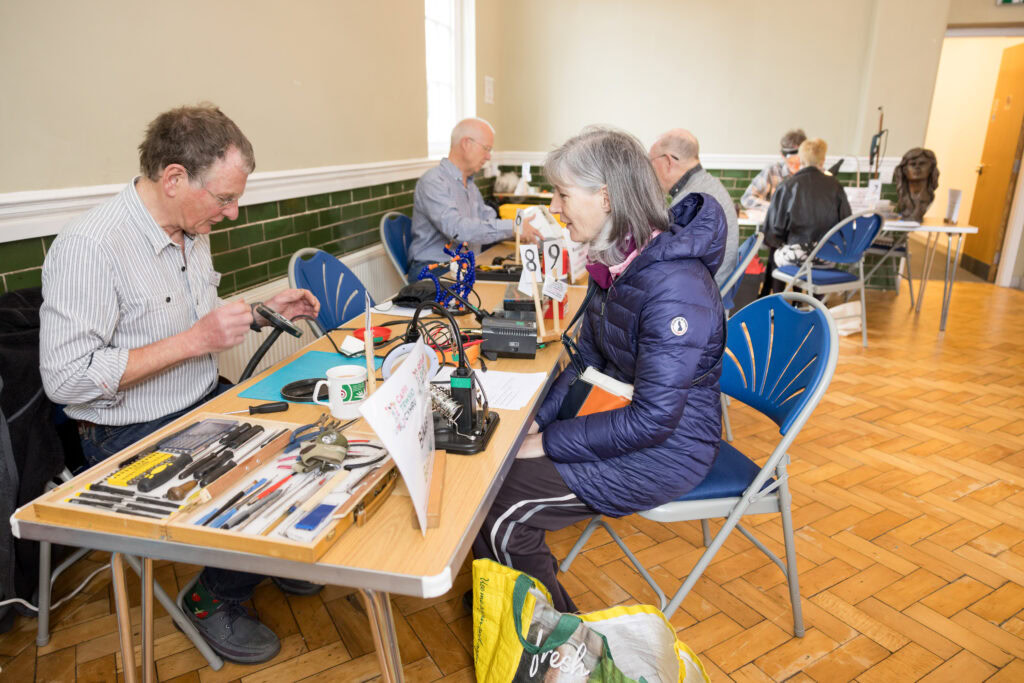The message about the EfW plants, whether in the UK or Europe, came from Bob McIntyre, senior advisor on chemicals with the Agency in an address to the recent annual letsrecycle.com conference on refuse derived fuels (RDF), organised with the RDF Industry Group.
Mr McIntyre noted that the UK is a signatory to the Basel Convention on POPs and that the chemicals, if released into the environment, remain intact for exceptionally long periods of time.
He warned: “Even if a small amount gets out, it just adds to what is there. Every release matters. POPs are toxic to both humans and wildlife… they are fairly unpleasant chemicals that we don’t want to get into the environment.”
The Agency officer spoke of concern among his water colleagues about chemicals which includes dioxins and furans, PCBs, pesticides, and now brominated flame retardants as well as perfluoroalkyl chemicals. POPs are found in the flame retardants in used sofas.
And, looking ahead, the Agency official said that materials such as plasticisers such as used in making cables flexible are also being assessed.
Compliance
As a regulator, the Environment Agency’s compliance focus with regard to POPs is currently, said Mr McIntyre, on:
· WEEE, plastics, cable, PC boards and other products such as printer cartridges
· Soft furnishings, eg domestic seating
And, he said: “We are looking other areas to see if we need to intervene to address non compliance.”
We must destroy the POPs
- Bob McIntyre, Environment Agency
Under the duty of care, it is the holder’s responsibility to know if waste contains POPs and manage it effectively, Mr McIntyre explained.
In terms of annual UK volumes there are 300,000 tonnes of waste domestic seating, representing 1,200 tonnes of POPs per annum or 4g per kg. “An individual sofa, say 50kg of sofa can contain 1kg of POPs,” he added. “By comparison WEEE plastics contain 44 tonnes per annum.”
Mr McIntyre was clear on what “the law says. We must destroy the POPs. For brominated fire retardant we are talking about incineration at energy from waste plants, and these have to be R1 or D10 compliant or be cement kilns.”

For waste businesses, there is scope to store and repack and separate the POPs material. But, mixing is to be avoided and waste should be kept separate.
The Agency officer said he accepted that some of these wastes are difficult to get into a plant and that sofas can have a very high calorific value.
“You need to consider additional scope for blending,” he explained to the RDF audience, indicating that material can be shredded and mixed with other waste.
He assured the audience: “You are part of the solution – we need your help to ensure POPs are safely disposed of. RDF/SRF producers who blend waste have an important role to play in helping ensure POPs are destroyed by incineration.
“We will support you – you are needed to help make this happen. We have written to every local authority on the subject of seating and we will be seeking to divert to incineration and probably get it blended on the way.”
Industry view
Giving an industry view, Simon Lowe, commercial manager with Wilshees Waste and Recycling, said that the sector takes “in a substantial amount of bulky waste which is why it is important to know about soft furnishings.”
Mr Lowe said that he expected that in coming years the POPs rules will also affect carpets and mattresses so that these cannot go to landfill.
For now, explained Mr Lowe, the “RPSs form a stay of execution.”
He confirmed that any WUDS – Waste Upholstered Domestic Shredding – arriving at any site for shredding and incineration must be notified as material containing POPs.
“There a lot of conditions, you can only mix WUDS with mixed residual household waste. Shredding must be within a building or temporary shelter and you need impermeable surfaces and need to minimise dust emissions.”
Mr Lowe said he felt that it is the dust that is going to cause “most of the problem for people” but that two years had been allowed for dust extraction work.

As with the points made by Mr McIntyre, Mr Lowe also said that WUDS should be on an HWRC waste transfer note. And, he confirmed that, “once shredded, the WUDS must be notified as material containing POPs.”
There have been negotiations with European energy from waste operators, explained Mr Lowe. “There may be a nervousness here around a change in notification and a feeling the material is hazardous. This could result in both a refusal to receive the material or a higher gate fee. The numbers are huge. We are talking of 300,000 tonnes of soft furnishings a year.”
UK plants
In a question and answer session, Mr McIntyre confirmed that permitted UK plants can take WUDS. “In general the permits are silent on POPs. They are technically capable of destroying POPS. They are permitted to take the waste stream, to take domestic seating. We have said to them ‘we need your help’ and they are taking a very supportive approach. Our understanding is that there are few if any incinerators which have a problem with this.”
Responding to a question about the risk of shredding, he said that this is a “bit of an odd one in that many of you are already shredding waste. You may have been shredding sofas and are likely to have been shredding chemicals. So this is part of the duty of care, just because it’s not hazardous the duty of care applies.”
However, pointing towards a lack of information about the content of waste, he said under section section 3.5 of the duty of care, the waste operator can ask about the chemicals that are in waste but whether this is known was a question about “what we know generally”.









Subscribe for free